Providing information and engaging women in decision making

Engaging women in decision making
The perspective of women has been critical in the planning and development of the Collaborative. There have been consumer representatives working on the project from its inception including consumer representation on the; WHA Board of Directors, Expert Advisory Group, Educational Working Group . In addition, all participating teams were encouraged to actively involve consumers throughout their improvement project.
"Having this information before birth is so important.
I didn't even know I could tear, but this helped me a lot"Consumer - VIC
The Collaborative Project highlighted the importance of engaging women antenatally in a conversation about their risk of tears and what strategies can reduce their chance of tearing. The provision of information on risk of tears is important to assist women to make informed decisions prior to the onset of labour (in weeks 32-36) about the care they want to receive.
Sites that participated in the Collaborative identified that women were receptive to receiving the information sheet between 32-36 weeks, and that ideally a discussion was also held, with the opportunity for the women to seek further information or ask questions. The information was prepared by a consumer working group with medical and midwifery input. The information then underwent five rounds of testing, in total almost 100 women have received this information sheet and provided feedback on this. In addition, clinicians in 5 tests sites have also had the opportunity to review and comment. To aid women in accessing information and to facilitate discussion with women an information sheet was developed.
This antenatal discussion with women aims to introduce preventative strategies and allow women time to make informed decisions about the different elements of the Bundle. We believe this represents the best opportunity for our women to provide informed consent at the time of their labour and birth.
Further translations will be available during early 2023.
Member services are welcome to use the information leaflet, as long as Women’s Healthcare Australasia is acknowledged as the source.
Seeking Consent
In all circumstances women have the legal right to refuse any investigation or treatment[1]
Women should be asked for their consent for all elements of care in the Perineal Protection Bundle© during the antenatal period.
For a woman’s consent to be valid she must have received sufficient information to make an informed decision. Information should be provided about[1]
- The condition, and any proposed treatments
- The benefits of the proposed treatment or assessment
- Possible adverse effects or complications
- The potential effect if treatment is not undertaken
Generally, the law does not require consent to be documented in writing.
Providing information in the antenatal period and having a discussion with women aims to introduce preventative strategies and allow women time to make decisions and give informed consent
Health services should ensure all clinicians are adequately trained to seek informed consent.
- NSW Health. (2017). Consent to medical treatment – Patient Information. 30 June 2017. Ministry of Health, North Sydney, Australia. (Accessed February 2018). Available via http://www.health.nsw.gov.au/policies/(link is external)


